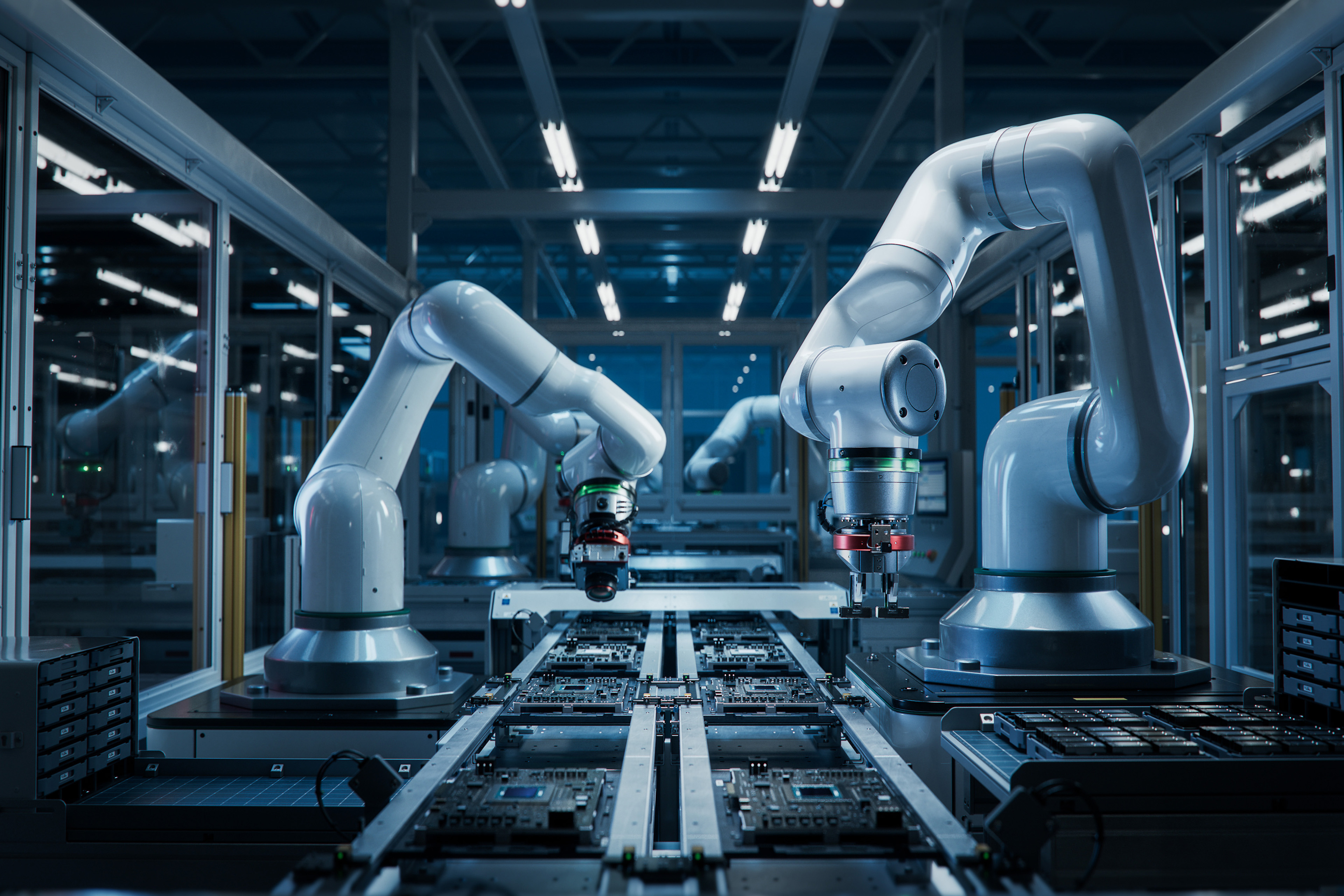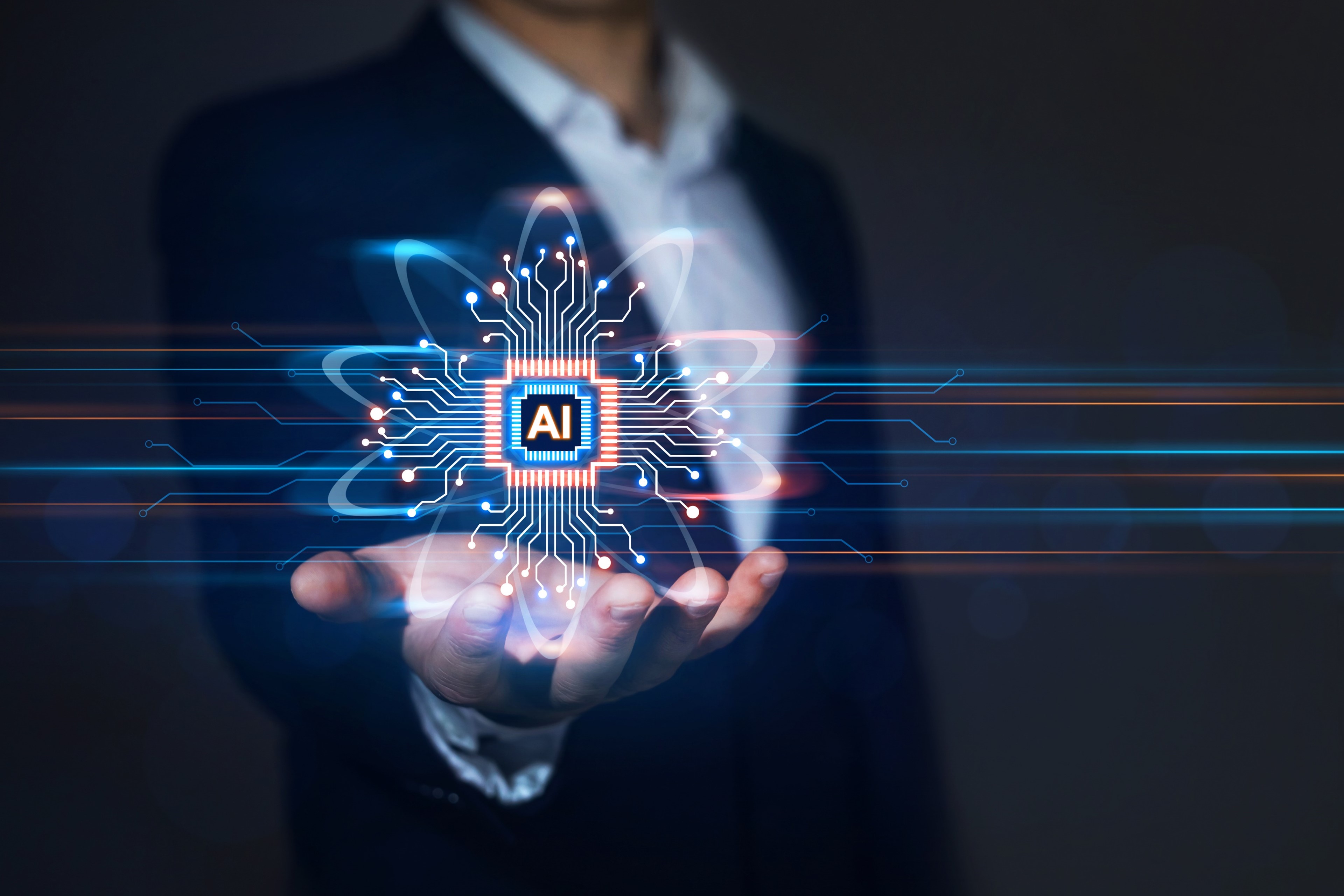EY refers to the global organization, and may refer to one or more, of the member firms of Ernst & Young Global Limited, each of which is a separate legal entity. Ernst & Young Global Limited, a UK company limited by guarantee, does not provide services to clients.
EY India and CII unveil vision for sustainable growth: Report outlines India's target of 22.5 GW nuclear power and 50 GW renewable capacity additions annually
New Delhi, 17 December 2024: EY India, in partnership with Confederation of Indian Industry (CII), has launched a report titled ‘Energy transition for Viksit Bharat 2047’. The report provides a comprehensive roadmap for India’s transition toward a sustainable, low-carbon and energy-secure future. It serves as a strategic guide to achieving the ambitious goal of a developed "Viksit Bharat" by 2047, aligning with India’s commitment to achieving net-zero emissions by 2070.
This report draws on extensive inputs from government bodies, industry stakeholders, and experts to present actionable insights and recommendations across key aspects of the energy transition. It emphasizes the critical role of public-private collaboration in driving India’s energy transformation while ensuring economic growth and environmental sustainability.
Rajiv Memani, Chairman & CEO, EY India and President Designate, CII said, “As we move to realize Viksit Bharat by 2047, the peak electricity demand is expected to be more than 700 GW, which will be 2.5 times the current demand. To meet the rising energy needs, it will be critical to scale renewable energy capacity beyond 50 GW annually, a stronger grid infrastructure, localised renewable energy technology supply chain, and incentives to further encourage Green Hydrogen and the biofuels and circular economy.”
Key highlights of the report include:
- Achievements in Decarbonization: India’s remarkable progress in renewable energy deployment, including surpassing 200 GW in renewable energy capacity, becoming the third-largest global renewable energy producer, and advancing biofuel blending initiatives, is highlighted.
- National Green Hydrogen Mission: The report delves into India’s leadership in green hydrogen, supported by a $2.4 billion investment aimed at boosting hydrogen production and creating a robust value chain.
- Renewable Energy and Nuclear Power: India’s ambitious targets to scale solar, wind, and hydropower capacity, along with plans to triple nuclear power capacity to 22.5 GW by 2032.
- Focus on Bioenergy: With initiatives like bioethanol blending, compressed biogas adoption, and sustainable aviation fuels, bioenergy is positioned as a key driver of energy security and emissions reduction.
- Policy and Technology Innovations: Recommendations to integrate renewable energy at scale, streamline grid connectivity, and enhance the competitiveness of indigenous energy technologies through vertical supply chain integration.
- Skilling and Job Creation: A major focus is placed on building a skilled workforce for the renewable energy sector, which is projected to generate millions of new jobs while supporting a just transition for fossil fuel workers.
Somesh Kumar, Partner and Leader – Power & Utilities, EY India said, “India is on an ambitious path to not only achieve 500 GW of renewable energy by 2030 but also transform the way the energy sector operates. We are looking at replacing fossils by electricity in several sectors, innovating newer technologies to improve efficiency and reduce costs, and focussing on enhancing skills as well as re-skilling for a just transition. The government’s progressive policies and sustained initiatives are significantly contributing to the creation of the right ecosystem to foster clean energy to build a Viksit Bharat”
This report underscores the collaborative efforts of CII and EY to accelerate India’s energy transition while fostering innovation, economic resilience, and energy independence. It highlights the critical investments and policy frameworks needed to make India a global leader in sustainable energy by 2047, ensuring a prosperous and environmentally responsible future for all.
***
Download the full pdf
About EY
EY is building a better working world by creating new value for clients, people, society and the planet, while building trust in capital markets.
Enabled by data, AI and advanced technology, EY teams help clients shape the future with confidence and develop answers for the most pressing issues of today and tomorrow.
EY teams work across a full spectrum of services in assurance, consulting, tax, strategy and transactions. Fueled by sector insights, a globally connected, multi-disciplinary network and diverse ecosystem partners, EY teams can provide services in more than 150 countries and territories.
All in to shape the future with confidence.
EY refers to the global organization, and may refer to one or more, of the member firms of Ernst & Young Global Limited, each of which is a separate legal entity. Ernst & Young Global Limited, a UK company limited by guarantee, does not provide services to clients. Information about how EY collects and uses personal data and a description of the rights individuals have under data protection legislation are available via ey.com/privacy. EY member firms do not practice law where prohibited by local laws. For more information about our organization, please visit ey.com.
Related news
Mumbai, 18 December 2024.November 2024 recorded PE/VC Investments worth US$4 billion across 87 deals; a 156% Y-o-Y hike according to the EY-IVCA Report
EY establishes EY.ai global AI advisory council with IIT Bombay's Sunita Sarawagi as a member
New Delhi 03 Dec 2024.EY establishes EY.ai global AI advisory council with IIT Bombay's Sunita Sarawagi as a member.
India’s pharma sector set for major growth; 79% CXOs cite AI/ML as key driver, 86% call for ecosystem collaboration, reveals EY-Parthenon OPPI report.
Over 70% of innovation in Indian MedTech startups is driven by digital tech; EY-Parthenon report highlights growth drivers and digital integration trends.
INR224 billion lost annually to piracy majority call for stricter enforcement: EY-IAMAI Report
Rs. 224 billion lost annually to piracy majority call for stricter enforcement: EY-IAMAI Report
Mumbai, 17 October 2024. 3Q2024 recorded PE/VC Investments worth US$8.8 billion across 283 deals; 40% y-o-y decline according to the EY-IVCA Report
India needs robust datasets to progress towards agentic future: EY Report
New Delhi, 24 September 2024. India needs robust datasets to progress towards agentic future according to the EY Report.










